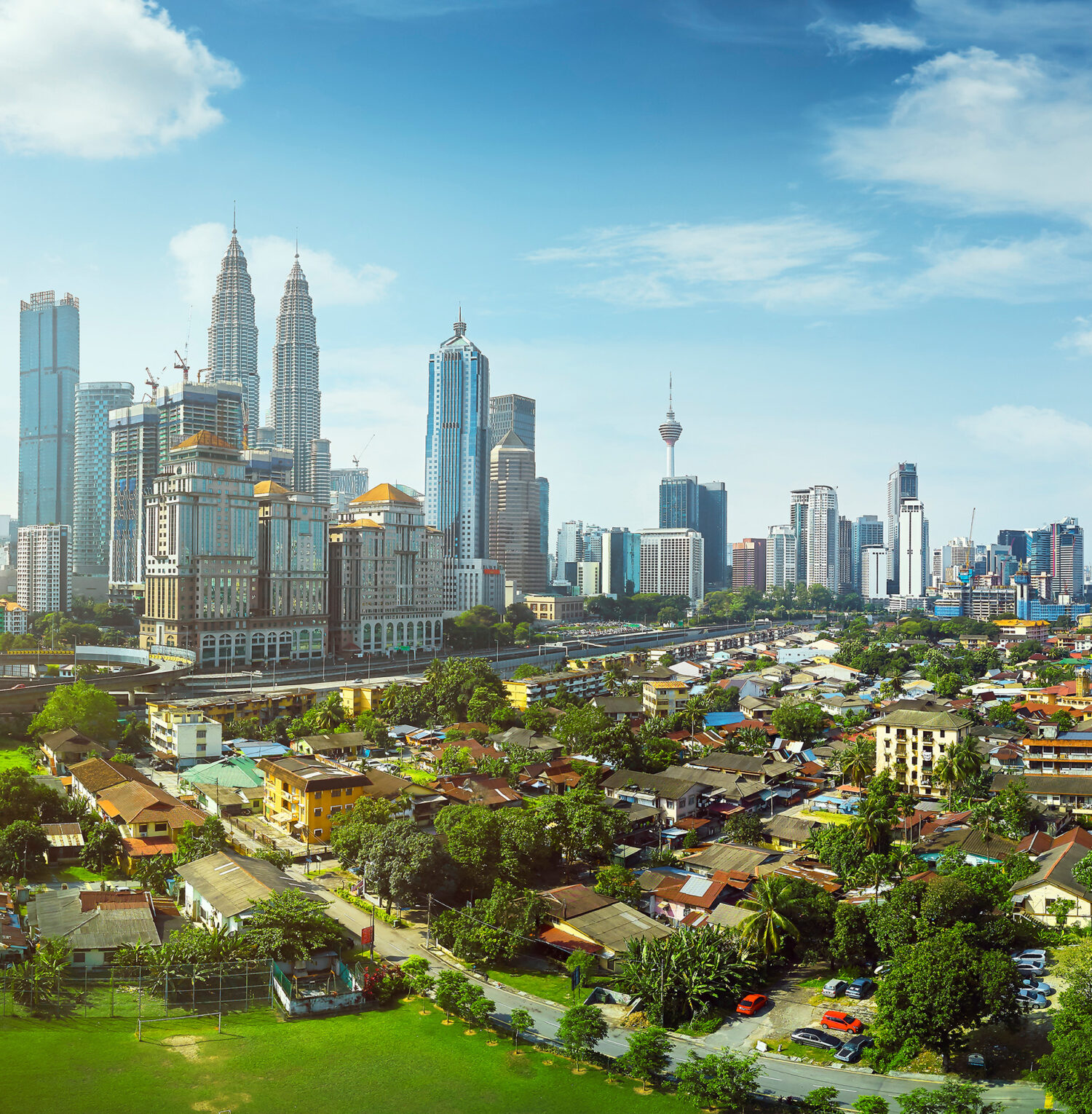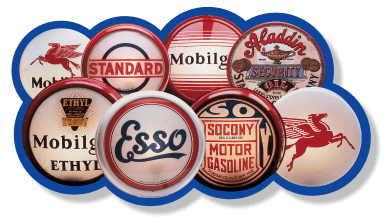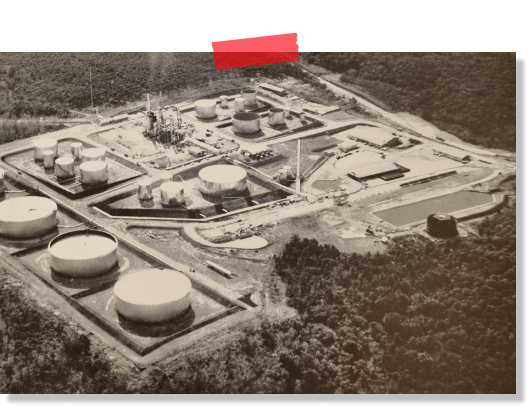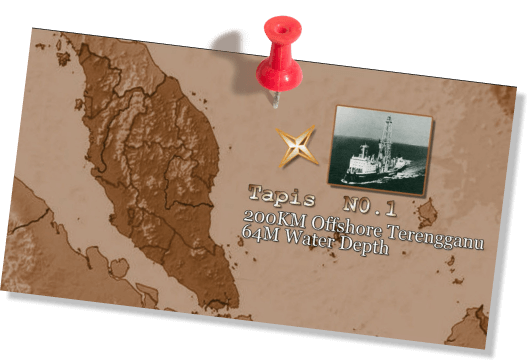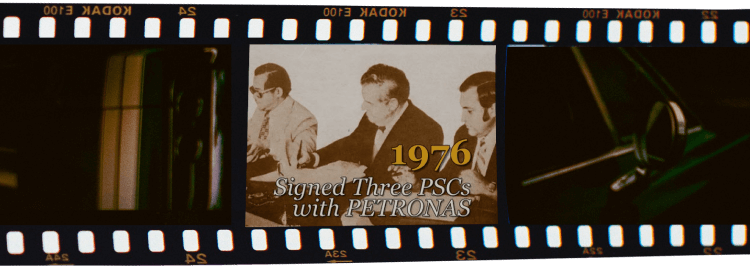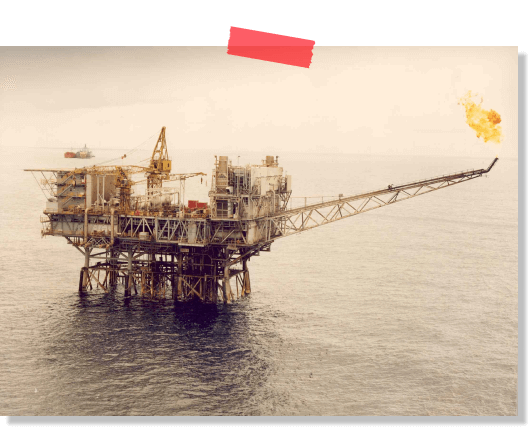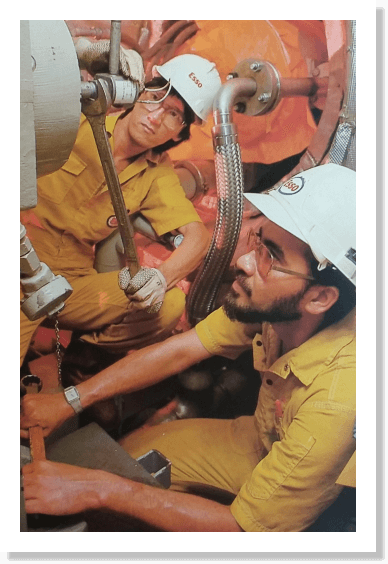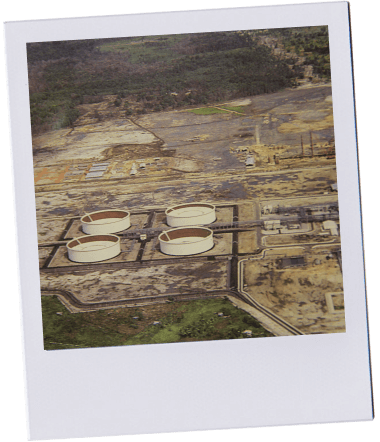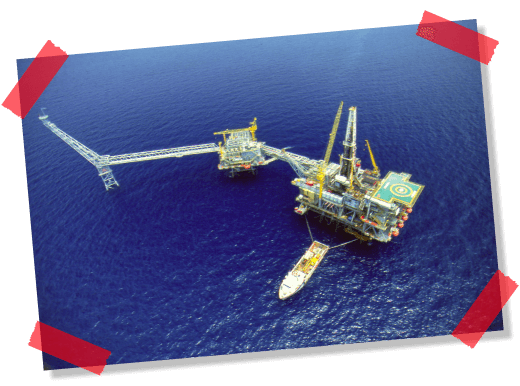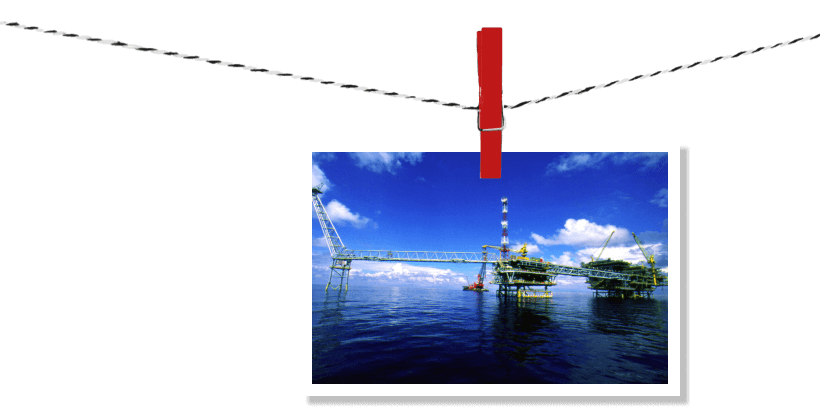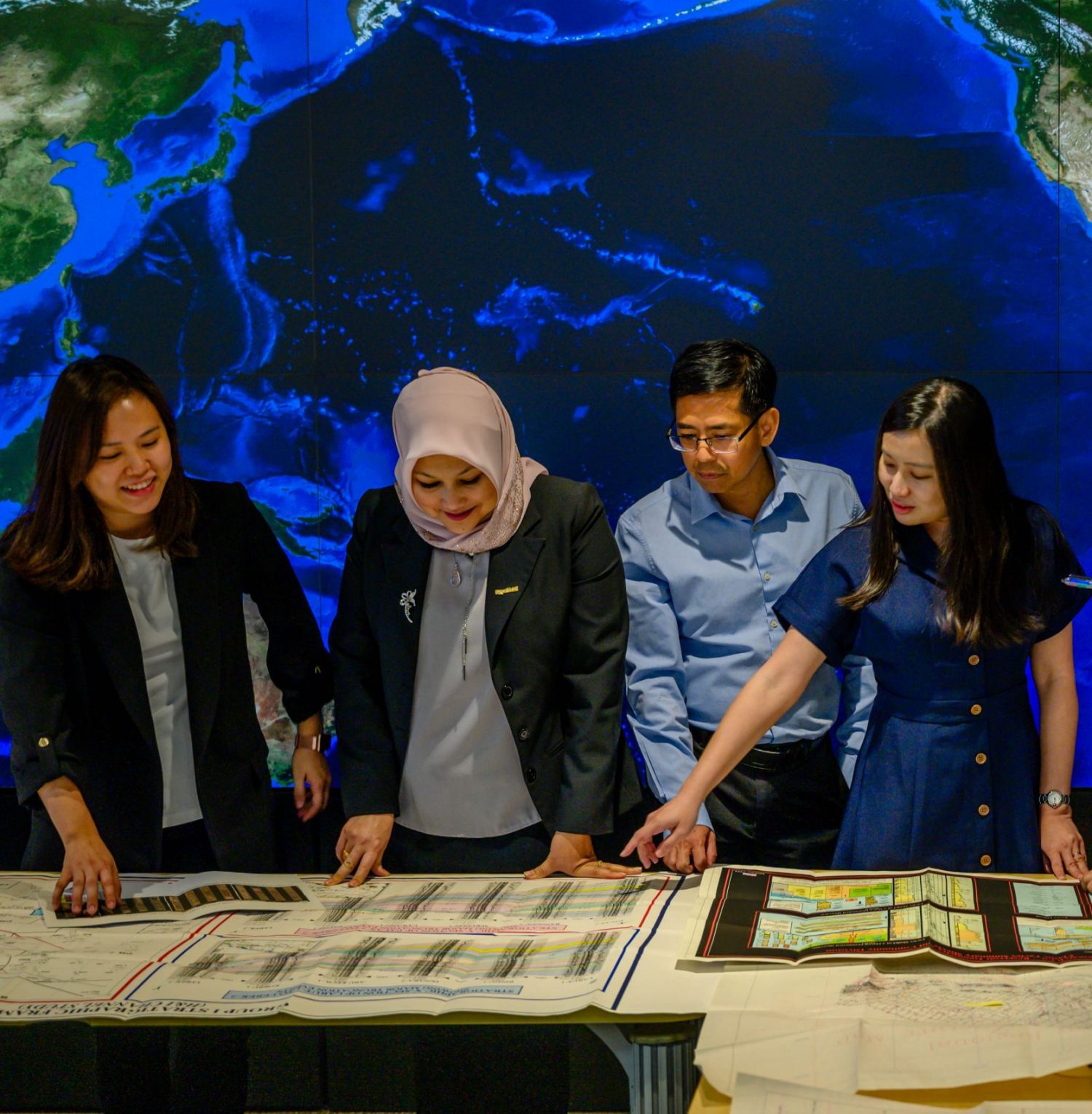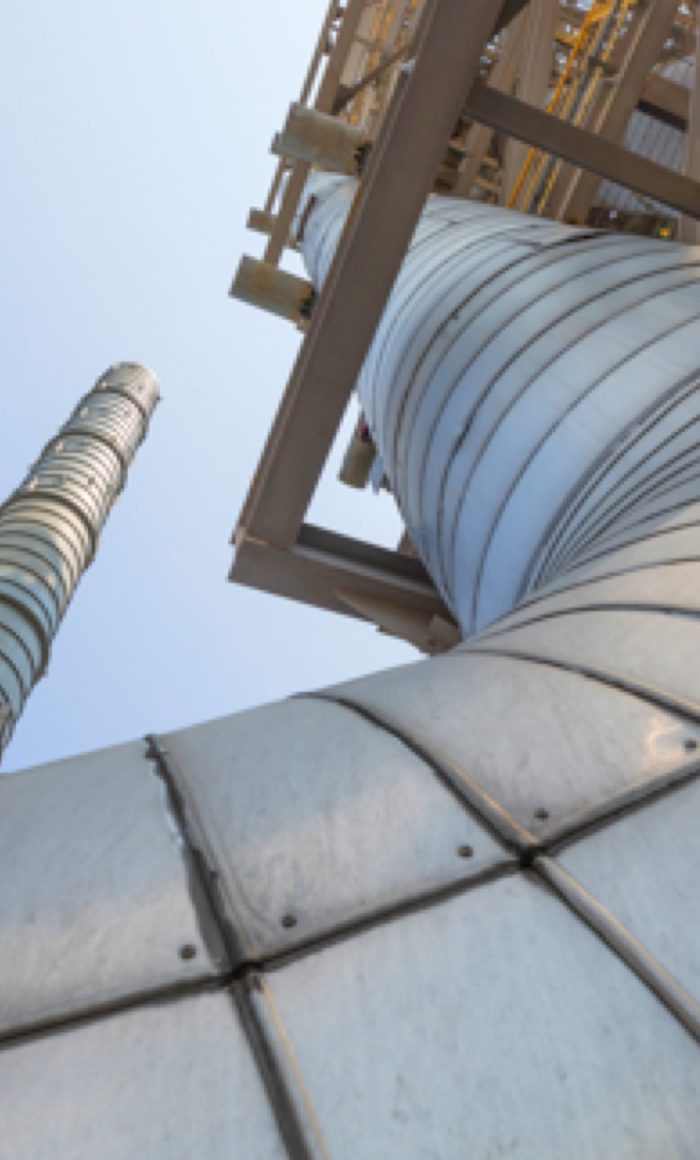2023 marks 130 years of ExxonMobil’s business presence in Malaysia.
In this time, we have gone from selling kerosene for lighting lamps to building some of the country’s major oil and gas installations, and are moving forward towards developing potential carbon capture and storage projects for its energy transition.
Today, we remain a significant energy producer in Malaysia, contributing about 40 percent and 50 percent, respectively, to Peninsular Malaysia’s crude oil and natural gas production.
Capitalizing on the range of Malaysian talent and capabilities, ExxonMobil established a global business center and a technology center to provide IT infrastructure, applications and project management as well as technical and engineering expertise for ExxonMobil affiliates worldwide.
We’re also reinvesting into Malaysia to help build the nation’s talents, supporting programs to teach students science, technology, engineering and maths (STEM) skills, and setting a strong foundation for the country’s future.
Read on to discover the story of ExxonMobil and Malaysia and their evolution and growth together over the last 130 years.
